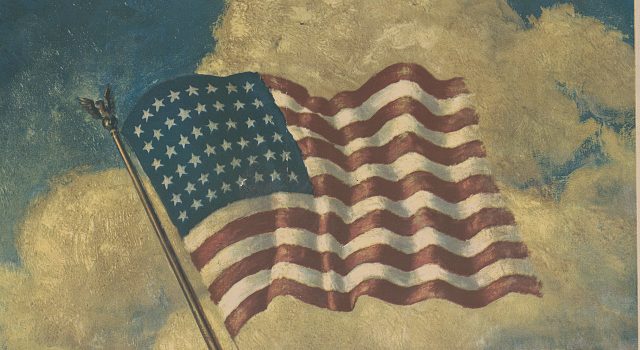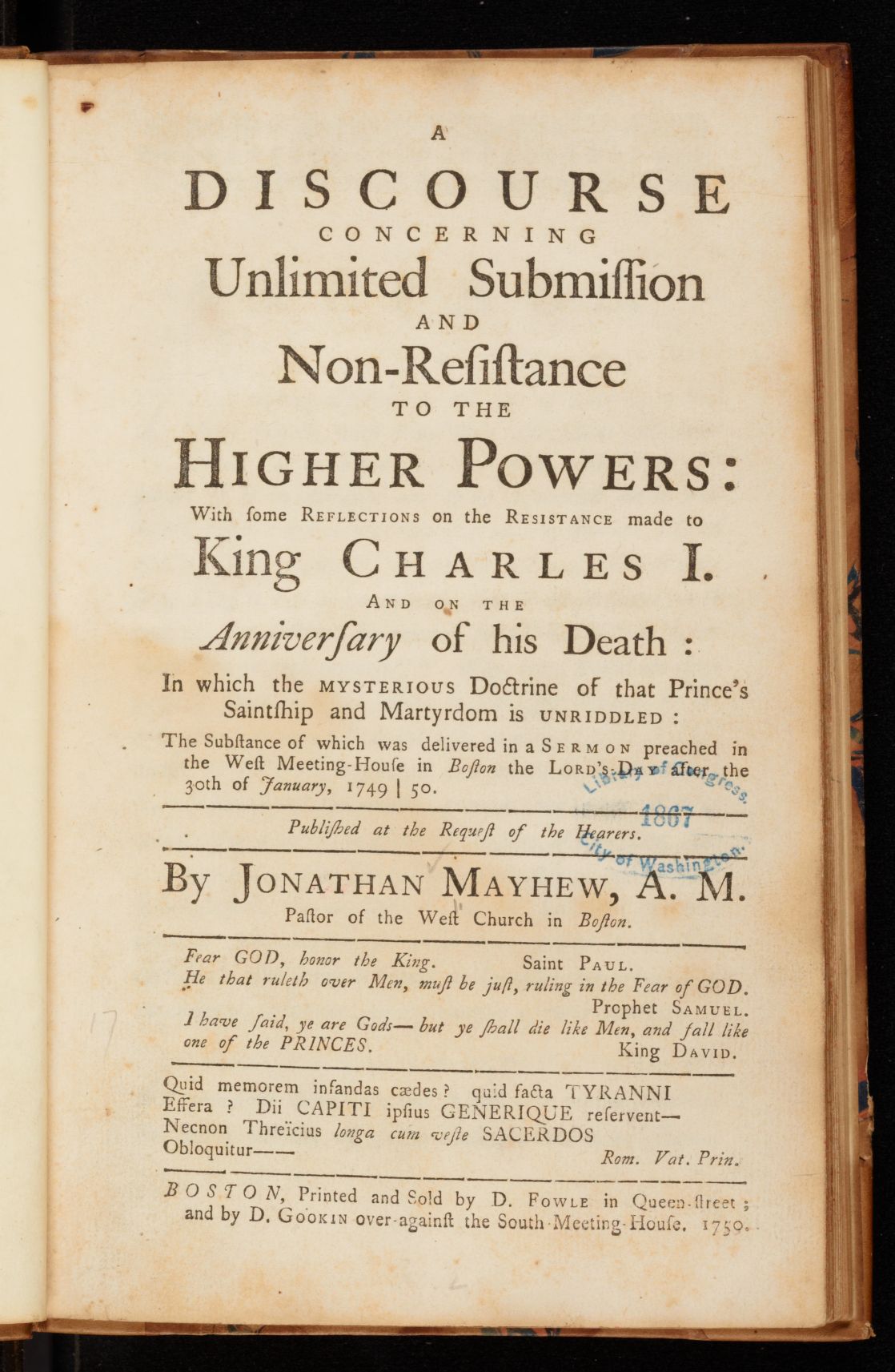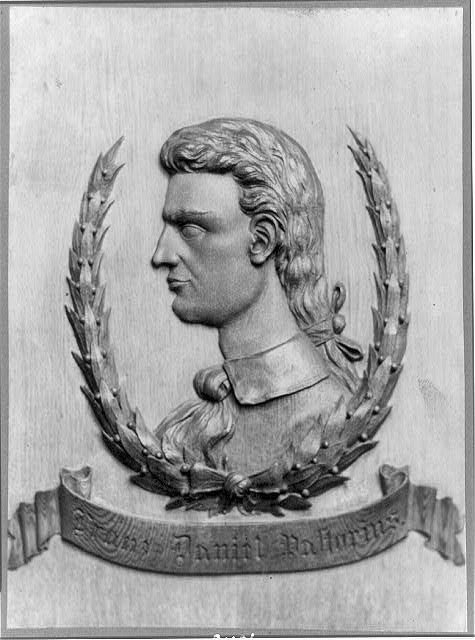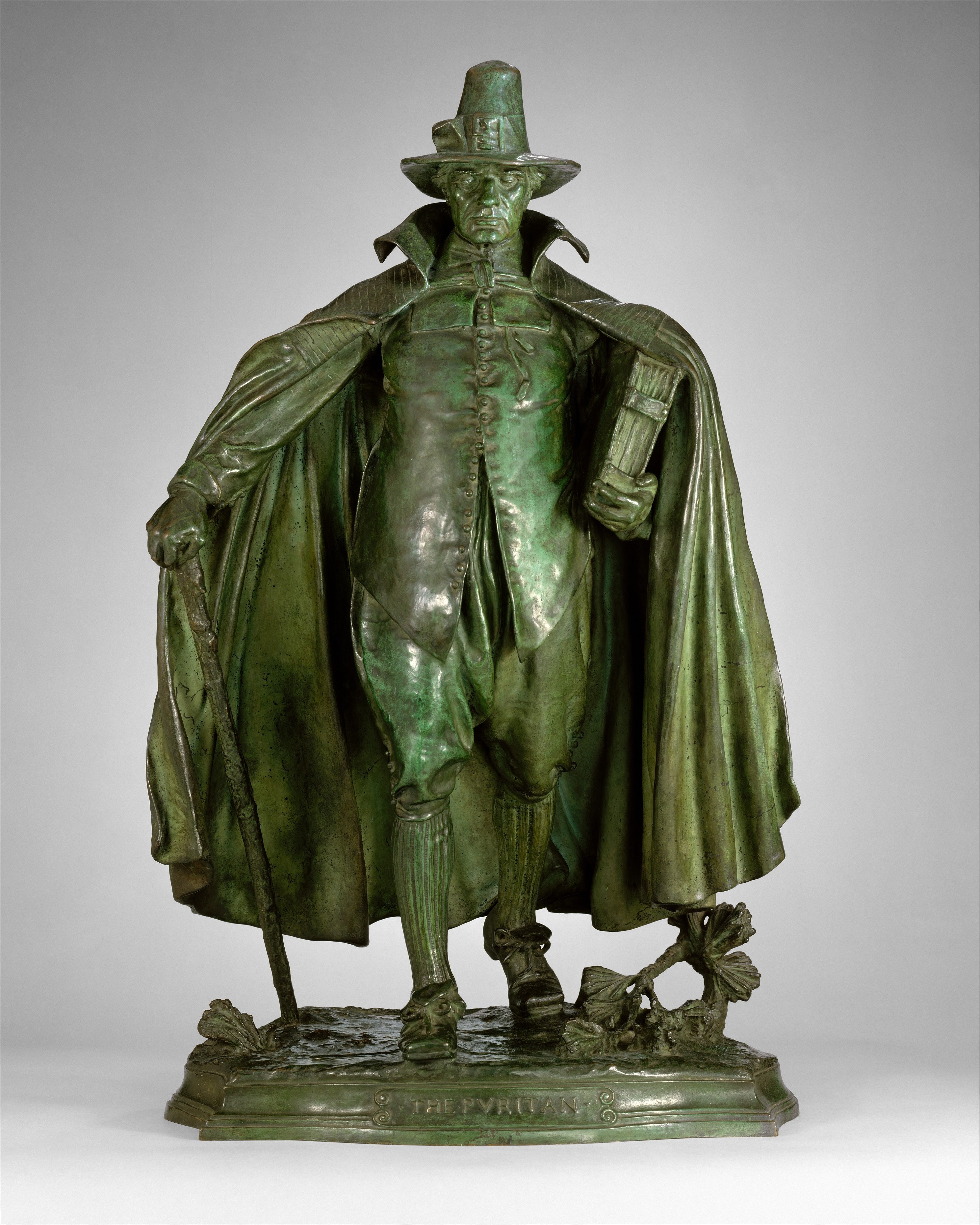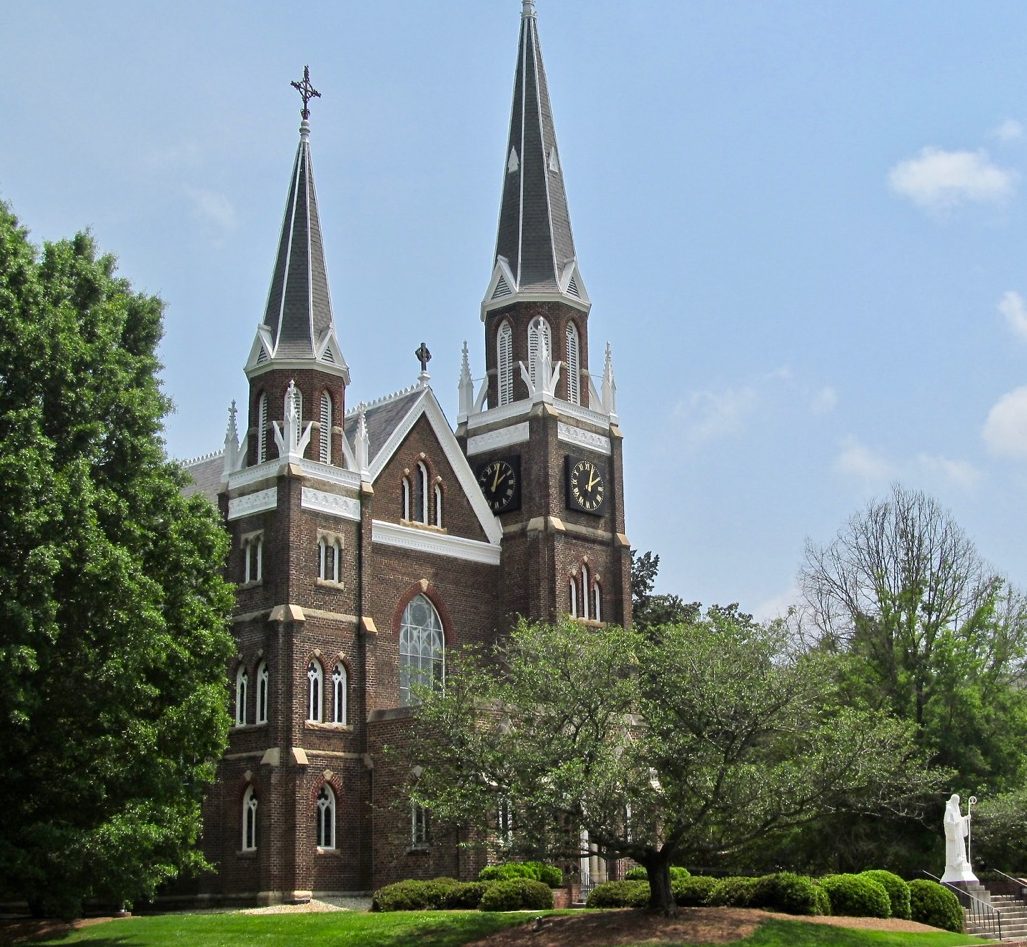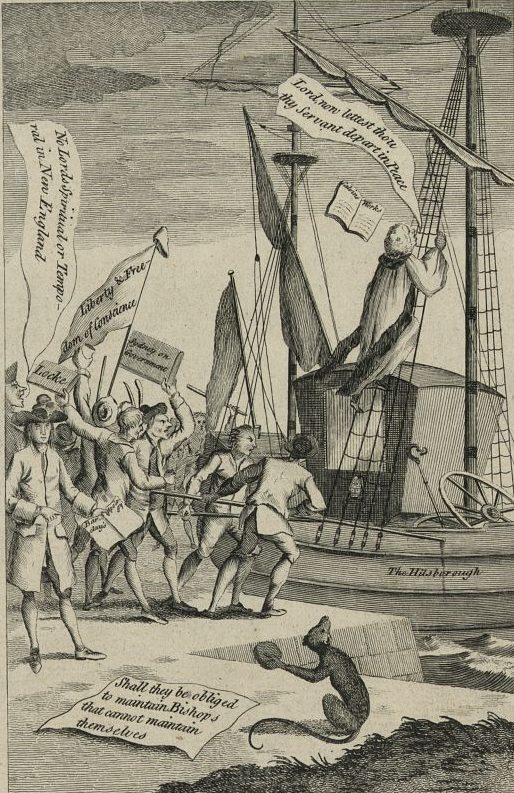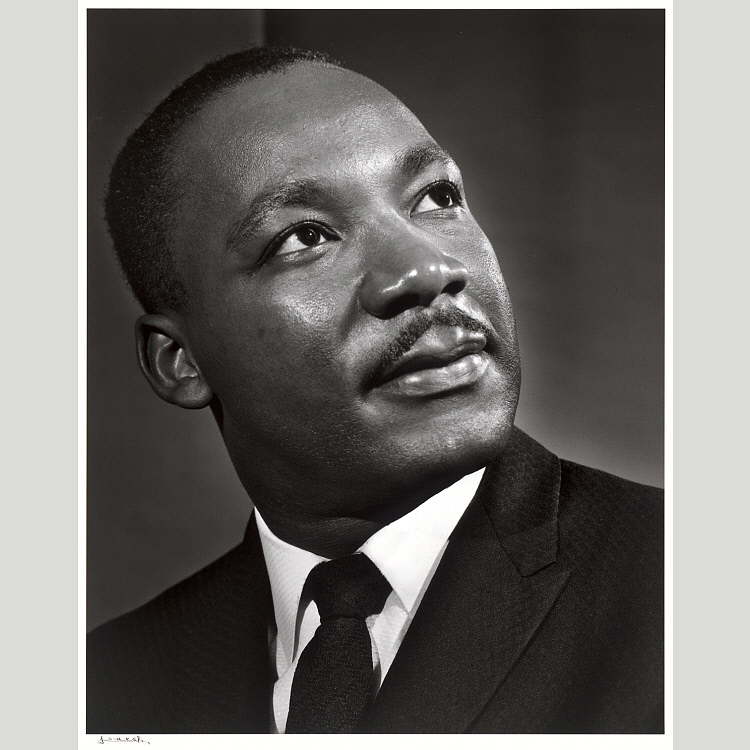Lincoln’s Meditation on the Divine Will
Abraham Lincoln
September 1862
In a dark period of the Civil War, Abraham Lincoln reflected on the workings of God’s will in the war.
In September 1862, following the Union defeat at the Second Battle of Bull Run, one of the bleakest points in the war, Abraham Lincoln set down his thoughts about the working of God’s will in the war:
The will of God prevails. In great contests each party claims to act in accordance with the will of God. Both may be, and one must be, wrong. God cannot be for and against the same thing at the same time. In the present civil war it is quite possible that God’s purpose is something different from the purpose of either party; and yet the human instrumentalities, working just as they do, are of the best adaptation to effect his purpose. I am almost ready to say that this is probably true; that God wills this contest, and wills that it shall not end yet. By his mere quiet power on the minds of the now contestants, he could have either saved or destroyed the Union without a human contest. Yet the contest began. And, having begun, he could give the final victory to either side any day. Yet the contest proceeds.
It may well be that no American has thought about the great questions that confront Americans more deeply than Lincoln. The evidence for that claim is in his great speeches, among them his Second Inaugural Address, which this meditation foreshadows. To grasp the full import of this meditation and of the Second Inaugural for Lincoln’s thinking and thus for the meaning of the American experiment in self-government, it is useful to trace the arc of Lincoln’s thought from some of his first public utterances through the meditation to the Second Inaugural.
From early in his career, Lincoln was concerned with the question of whether the American republic would survive. In 1838, when he was 29, Lincoln gave a speech on the perpetuation of our political institutions known as the Lyceum Address. He pointed to mob violence and a decreasing respect for the rule of law as evils that if not overcome could destroy self-government. To combat lawlessness, Lincoln appealed to “sober reason . . . cold, calculating unimpassioned reason.” In doing so, he was echoing Thomas Jefferson. In his First Inaugural Address, following what is probably still the most bitter political division and election campaign Americans have contested, Jefferson declared,
All too will bear in mind this sacred principle, that though the will of the majority is in all cases to prevail, that will, to be rightful, must be reasonable; that the minority possess their equal rights, which equal laws must protect, and to violate would be oppression.
Both Lincoln and Jefferson looked to reason to counteract the will and the passions of men, to provide the restraint that self-government required. Both understood, however, that reason needed help in restraining men. Both looked, for example, to education as one way of providing this help. But for Jefferson and the young Lincoln, reason was the cornerstone of the republic.
By1842, we can see a change in or another side to Lincoln’s thinking. That year he gave a speech on temperance to supporters of the movement against drinking. Lincoln announced in his speech that the success of the movement was due to rational causes. Many of the movement’s members would have given more credit to God. This reference to rational causes is an example of the role Lincoln gave reason in the Lyceum speech. Temperance is self-control; self-control is necessary for individual self-government; and individual self-government is necessary for political self-government. Rational causes, or reason, Lincoln argues in the Temperance Address, as he did in the Lyceum Address in 1838, is at the root of self-government and its preservation. Yet, in the Temperance Address, Lincoln suggested he was aware of the limit, perhaps even the danger, of relying on reason. Toward the end of the speech, speaking of the temperance movement, Lincoln said,
With such an aid, its march cannot fail to be on and on, till every son of earth shall drink in rich fruition, the sorrow quenching draughts of perfect liberty. Happy day, when, all appetites controlled, all poisons subdued, all matter subjected, mind, all conquering mind, shall live and move the monarch of the world. Glorious consummation! Hail fall of Fury! Reign of Reason, all hail!
As many have noted, Lincoln’s speech on temperance ends with people drinking and apparently getting drunk on liberty, so drunk that they proclaim the final victory of reason. Has anyone offered a more intemperate praise of temperance?
Lincoln’s famous humor serves here to call into question the ability of reason to control the passions, as he said it must in his 1838 speech on the preservation of our political institutions. In the Temperance Address, Lincoln is calling attention to the fact that the religiously inspired desire for reform to make the world perfect could create unrealistic expectations for what could be done on this earth. In seeking perfection, in refusing to accommodate human waywardness in any degree, zealots could do more harm than good. Their zealotry could in fact be a cover for their own passions of pride or self-interest. Lincoln had in mind, of course, as his mention of “perfect liberty” at the end of the speech on temperance indicates, abolitionists who would accept no compromise of any sort with slavery.
Uncompromising abolitionists and the equally uncompromising “fire-eaters” of the south helped bring on the Civil War. In the midst of that war, Lincoln wrote his meditation on the divine will. In the meditation, we see Lincoln’s continuing reliance on reason. He starts by asserting that the will of God prevails, but he immediately notes that God’s will is restricted by the dictates of reason, specifically its most fundamental principle, the principle of non-contradiction. “The will of God prevails. . . . [Yet,] God cannot be for and against the same thing at the same time.” Therefore, although both sides in a contest claim that God is on their side, neither or only one may be right. Whatever the intentions of men, human beings may be the mere instruments of God as he works out his own purposes, different from any his creatures have in mind. In 1862, after months of fighting and mounting casualties, Lincoln wrote in his meditation that he was almost ready to say that the dreadful war and its continuance were God’s will.
By his second inauguration in 1865, after two and a half more years of war, Lincoln’s meditating on God’s will led him, we might say, to more fully recognize its power. Gone from the Second Inaugural is the framing of the problem according to the standard of human reason. Lincoln was by then fully ready to accept that the will of God might be capable of what men could not conceive. The second Inaugural emphasizes the inscrutability and power of God’s will, yet affirms our faith in its ultimate justice. Both sides in the war called on God to be on their side, but Lincoln tells us,
The prayers of both could not be answered. That of neither has been answered fully. The Almighty has His own purposes. “Woe unto the world because of offenses; for it must needs be that offenses come, but woe to that man by whom the offense cometh.” If we shall suppose that American slavery is one of those offenses which, in the providence of God, must needs come, but which, having continued through His appointed time, He now wills to remove, and that He gives to both North and South this terrible war as the woe due to those by whom the offense came, shall we discern therein any departure from those divine attributes which the believers in a living God always ascribe to Him?
